About us
About us
Why we exist and who funds us.
Who are we?
Hormonally is a trusted health ally for women. We deliver vital resources that can help you to make informed decisions about your body.
In a world where misinformation and vested interests are putting women’s health at risk, we stand as an independent ally, free from outside influence.
Our mission
To ensure every woman, regardless of background, has access to the knowledge and resources needed to take control of her long-term health.
Our vision
A future where hormonal health is understood, acknowledged, and prioritized.
Sometimes it’s best to let the numbers do the talking.
Here are a few of the statistics that help to keep the Hormonally team on task:
1/4 of TEENS
who menstruate experience period poverty.
90%
of young women feel impacted by problems with their period.
20 M
women live in contraceptive ‘deserts’ and are desperately in need of publicly funded contraception.
2 OUT OF 3
people born with ovaries will have at least one fibroid in their lifetime.
80% of TEENS
say they are taught more about the biology of frogs than the biology of the female body in school.
32%
of women feel their doctor is not comfortable talking about menopause.
6 M
women in the US struggle to get or stay pregnant.
78%
of women feel menopausal symptoms negatively impact their lives.
8 M
women are currently experiencing symptoms of postpartum depression.
50%
of teens would rather ‘google’ than talk in person about period issues.
5 M
women live with Polycystic Ovary Syndrome (PCOS).
80%
of women living with chronic pain have experienced gender discrimination from a healthcare provider.
We are
independently
funded
Everyone deserves access to unbiased information
By remaining independently funded, Hormonally is able to disseminate bias-free, factual information.
Unlike most organizations, we don’t have ties to pharmaceuticals or companies pushing unnecessary products that fail women.
Whether you’re an individual or business leader, your support can help us navigate these chaotic times and deliver essential information to those who need it most. Donate as little as $5 today.
Our work is made possible thanks to the generosity, persistence and vision of Parsemus Foundation’s founder Elaine Lissner and her team.
Meet the team
We’re passionate (okay, obsessed!) with empowering women through knowledge.
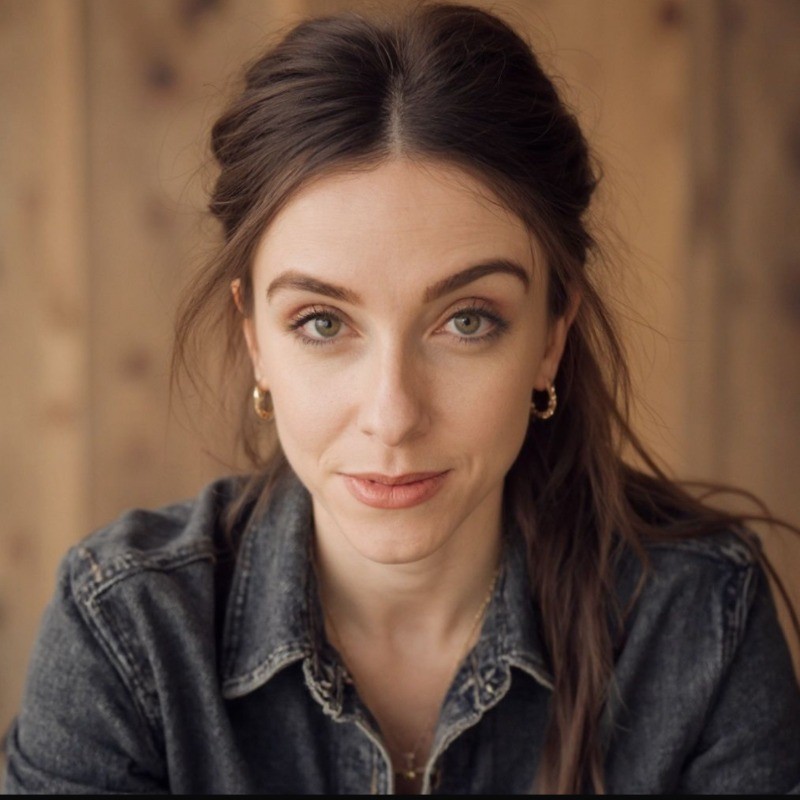
In 2017 I started working on my PhD - an observational study exploring women’s experiences of using testosterone as part of their hormone therapy for menopause. I was fascinated by how testosterone, so often associated with men and masculinity, may be crucial to helping many women feel well. This got me thinking - how much of what we know about hormones and the body is based on fact, and how much is based on fiction?
This question inspired Hormonally. So many women I have spoken to (both in a research context and a personal context) feel frustrated when it comes to knowing a) what’s going on hormonally in their bodies and b) what options are available to them when it comes to accessing support.
I myself have undergone surgery for endometriosis, had a cervical biopsy, a polyp removed, and was recently diagnosed with fibroids. Over the years, the hormone healthcare I have received has been mixed. As someone that struggles with migraines (without aura), the constant question as to whether I may be able to use birth control containing estrogen is always a talking point. Heavy bleeding and pain has been mostly dismissed, and mood changes in the lead up to my period are usually put down to mental health concerns. To say I haven’t been happy hormonally is to put things lightly.
Luckily for me, I met my hormone hero Elaine Lissner, with her help, the amazing support of the Parsemus Foundation, and the dedicated work of my incredible colleagues, Hormonally has happened. While I know first hand that managing our hormone health can require patience and often, a willingness to try a few different options before we find the right solution; I also know that feeling informed can make a big difference. While Hormonally can’t fix the way you’re feeling, we can provide you with the information you need to feel more equipped to ask the right questions in order to obtain the treatment and care you deserve.
Whether you’re struggling with mood changes pre period, don’t know what to do about perimenopause, or feel overwhelmed by pregnancy, there are solutions here for you. The Hormonally team put our heads together to come up with the information we wish we had known ourselves. Equally, we are here to respond to your questions and help where we can. While this is your journey, you don’t have to walk it alone.
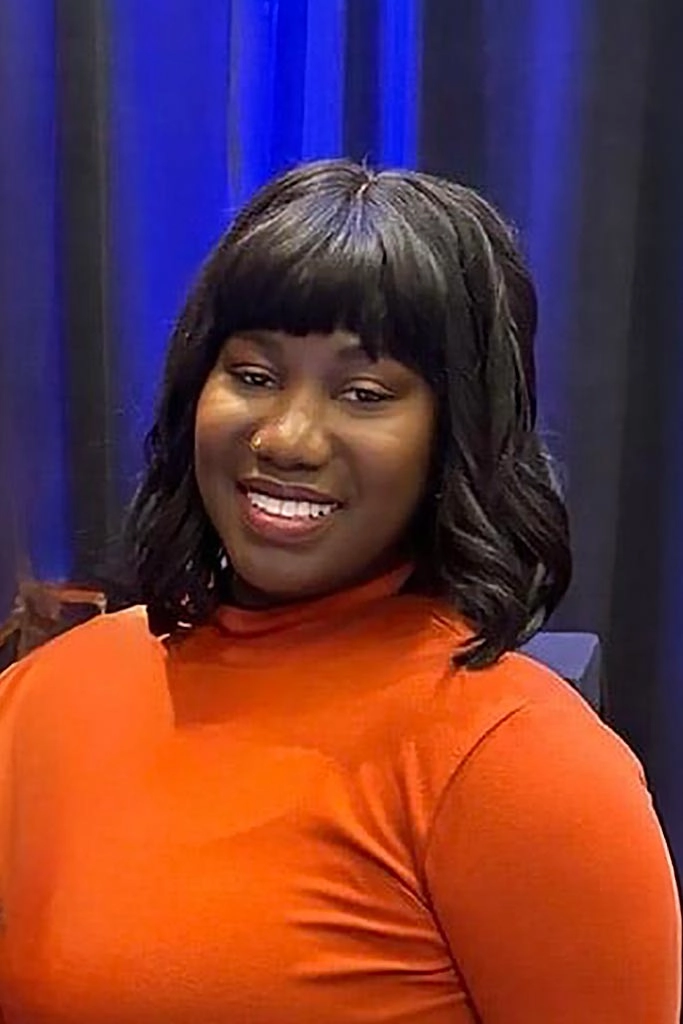

My ambition is to make information, knowledge, education and general understanding around hormones and women’s health more accessible and relatable. I worked in healthcare for 14 years before I ever heard the term perimenopause and I was 42 years old.
I’m married with 2 children and thought my lack of excitement about anything and everything was due to having a busy full-time job and the admin that comes with being a parent and having kids in school (and no, I never did manage a great spirit week outfit!) I was also the Chatwin family Social Secretary, responsible for organizing our social lives and arranging activities to make those very special and important memories.
It was just after the first Covid-19 lock down that I started to experience anxiety around my work and noticed things always felt worse just before my period. I’d never suffered from anxiety before and so this started to concern me and made me seriously consider whether my job was right for me. I was ambitious and wanted to continue to develop my career, but anxiety had me questioning everything.
As luck would have it, I responded to an opportunity to work in the perimenopause and menopause space. When I started to learn more about perimenopause and menopause, it all started to make sense. The most startling fact I came across while researching this phase of life, was that perimenopause and menopause wasn’t, and still isn’t, taught in detail to clinicians at medical school. As such, asking about changing periods, or whether hormones could be affecting someone’s health just isn’t common practice.
I decided to treat my perimenopause with Hormone Therapy (HT) and my anxiety, along with the aching joint pain I was having, reduced. My enthusiasm for life came back and the feisty outbursts I had been experiencing also seemed to reduce. I seemed more balanced over the month and my husband definitely seemed grateful for that consistency! At the time I hadn’t realized how much my changing hormone levels had been affecting me as little things added up over time. If I hadn’t been working in the menopause space I don’t believe I would have sought treatment and would have put a lot of my symptoms down to my busy life and just general aging.
I often talk about my hormones when I meet up with my friends. Many of them don’t seem to understand that hormones can trigger really intense feelings that lead many of us to feel dissatisfied with our lives. I will often gently ask my friends if they think their feelings could be hormone related. Most are puzzled when I pose this question. I mean, who wants to be asked if they’re hormonal! However, when I explain the role that hormones can play and what happens as we age, you can see the relief on people’s faces.
It’s important for us all to realize hormones can have a big impact on the way we feel and that there are things that can be done about it. Several of my friends have now accessed the care and treatment they deserve and have gone on to champion their friends to seek support and help too. This is what drives me to continue sharing and doing more in the hormone health field, as all women deserve to feel their best and have choices. If I hadn’t had the knowledge, then I truly don’t know where I would be today and that thought spurs me on to do more!
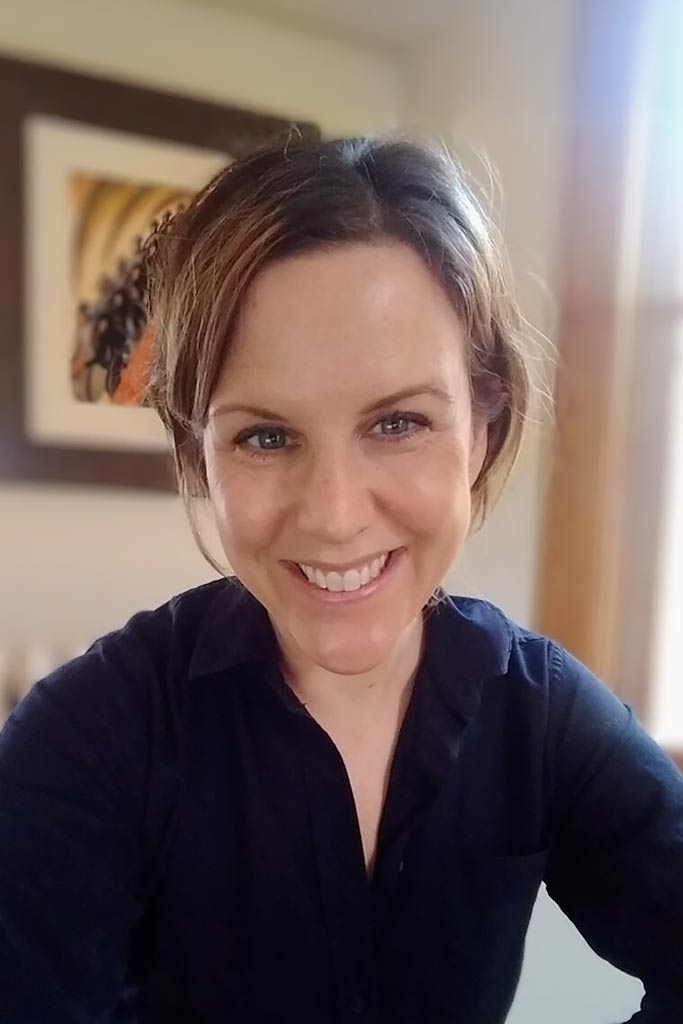
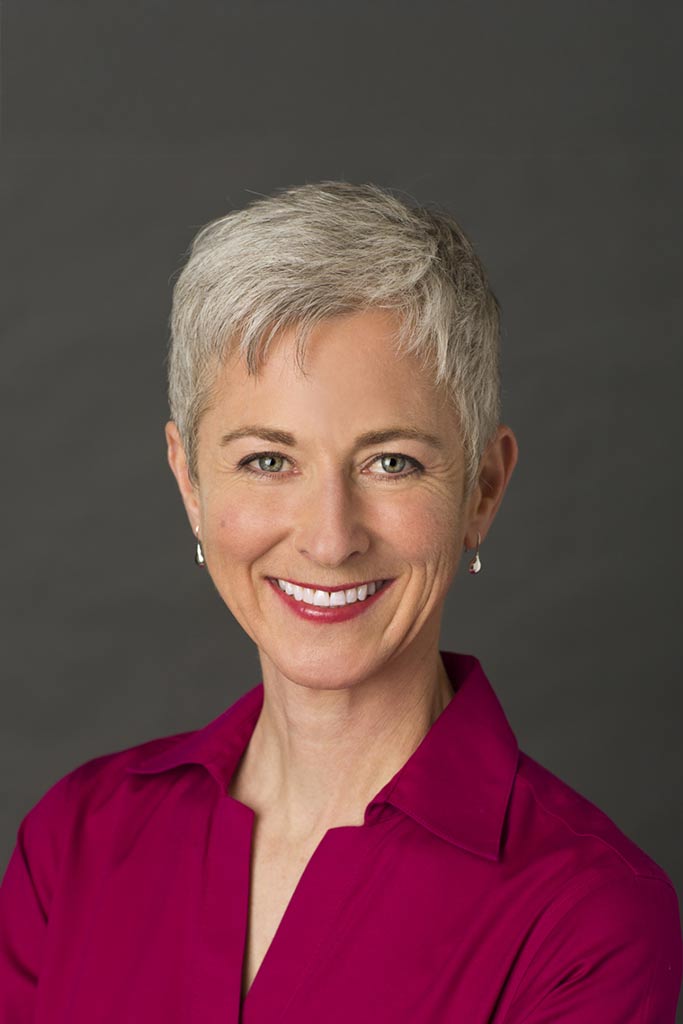
During my freshman year of college at Stanford University, I was procrastinating in the dorm library one day and picked up a book with a chapter about a Swiss woman doctor who had discovered a method of male contraception in the 1930’s. At the time a lot of my women friends were having horrible experiences with female contraception. I thought, “If there’s something better, why aren’t we doing it?” It seemed crazy that other options weren’t being developed.
I was hooked. Enrolling in a small seminar taught by Carl Djerassi (who was already famous for his role in developing the first oral contraceptive for women), I researched and wrote a paper on male contraceptive scientific research, with teammates exploring the sociological and other aspects of why there hadn’t been any reproductive health innovation for men in over 100 years. My digging turned up a total of 8 approaches that were known to work, but not being pursued.
It was believed there was “no public demand” for new male contraceptive options, but it turned out to be quite the opposite! The class paper I produced turned into a white paper, then a series of short pieces in women’s and men’s magazines, then a book chapter. In response to a 3/4-page article in Ms. Magazine, I received over 200 letters — and we’re talking stamps and envelopes at the time— from readers interested in knowing more. That’s when I knew times had changed and the new generation of men really was interested.
What started as procrastination became a career, starting an advocacy nonprofit and then, with a few bumps and detours along the way, a foundation (Parsemus Foundation) to further contraceptive development and reproductive health research.
My interest in the development of male contraceptives, and the issues with female hormonal contraceptives, started my interest in this area. However, it was my mom’s breast cancer experience in 2006 that revealed how much still needs to be done to improve hormonal health outcomes for women in general. What really got me riled up was how the breast cancer treatments being proposed sounded logical, but were the exact opposite of what the data showed actually improves survival.
I’ve never been able to forget the struggle we went through to get hormone treatment for my mom, in line with the survival data, rather than the anti-hormone treatment that was and is still standard. One doctor even told us that following the data would be “suicide." (And yes, my mom is still here alive and well, more than 18 years later!)
My support for Hormonally has been born out of a concern for the lack of evidence-based information on hormone health available to women in the US. I believe that women and their healthcare providers need to understand the scientific evidence rather than the false narratives about hormones and hormone therapy. Women need a trusted, non-biased voice to provide safe, factual information for themselves and their providers to use during the shared decision making process.
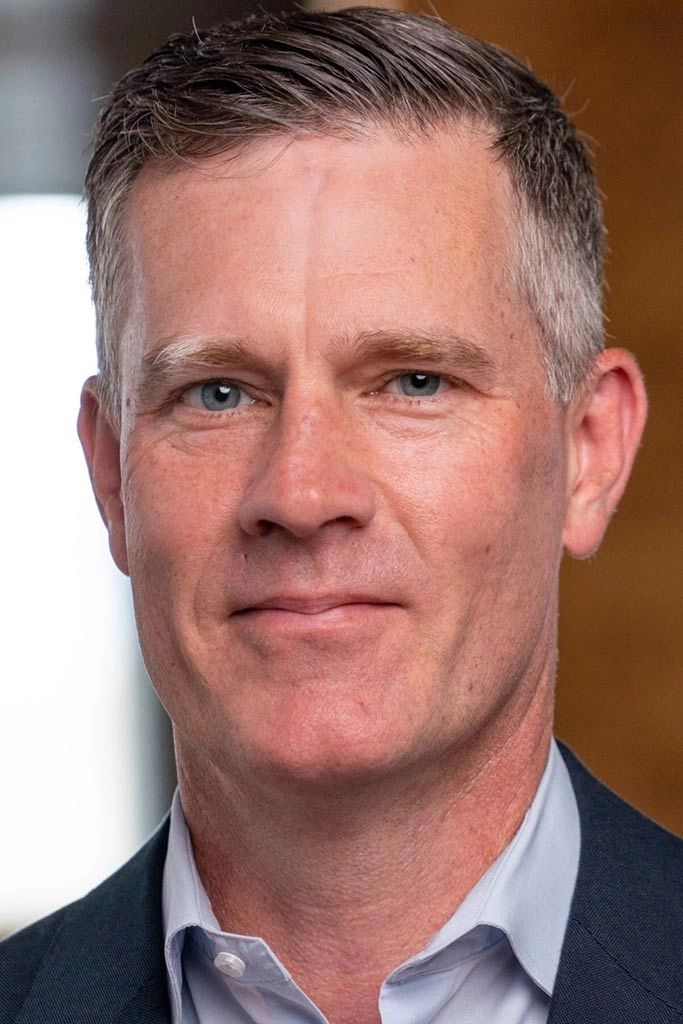
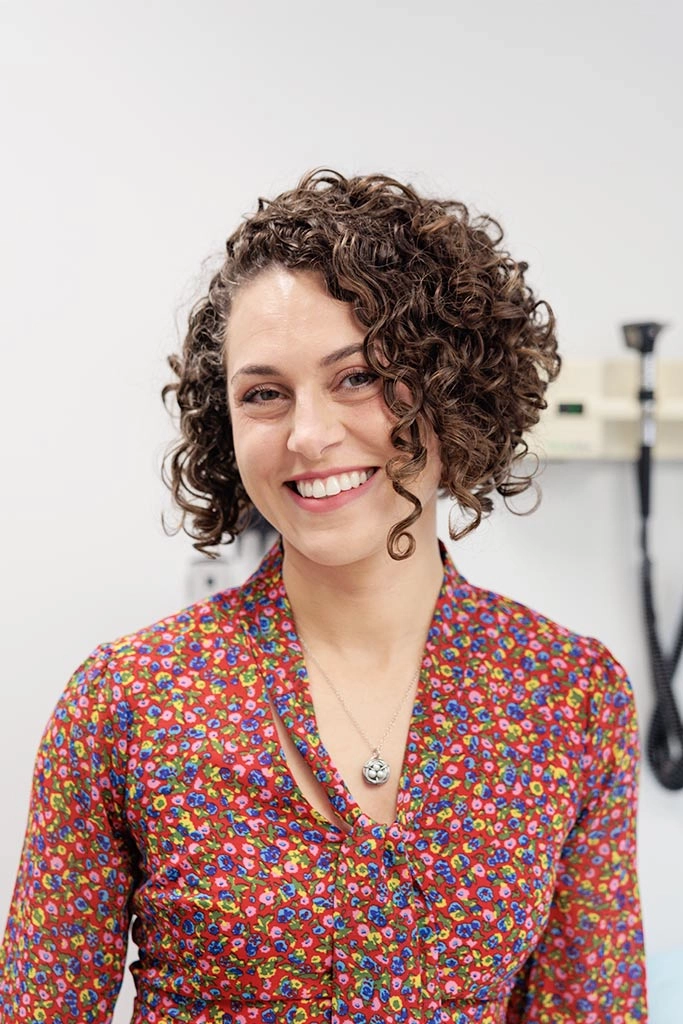
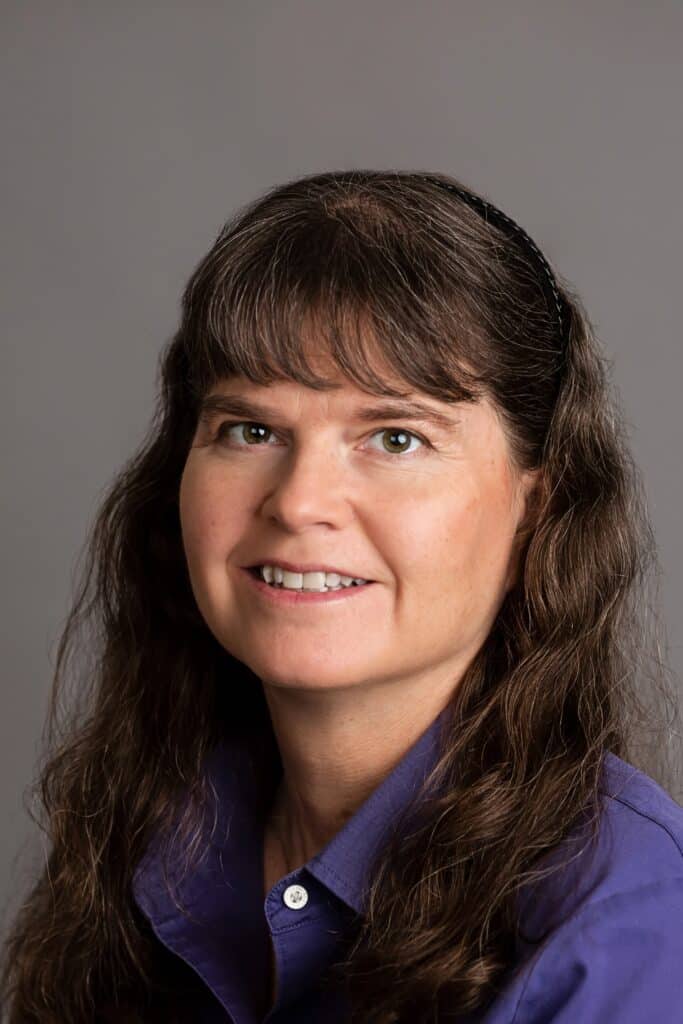
Parsemus Foundation. Working alongside our founder and trustee, Elaine Lissner, our small, scrappy foundation has taken on controversial issues and moved the needle on diverse health advances that
were innovative yet neglected.
My values of fairness, responsibility, and personal self-determination underlie my passion for animal welfare and empowerment through education. Our work through both the Parsemus Foundation and
Hormonally aim to provide the tools for people to be able to make the best healthcare decisions for themselves, their families, and their pets.
I also have personal reasons for being dedicated to hormonal health, having gone through a hysterectomy at 30 years of age and receiving no information at the time about the health impact. More
recently, I have had to deal with menopause, which included trying to find a physician who was familiar with menopause care and knowledgeable about HRT. Coincidentally, at the same time I worked with
veterinarians to provide my dog hormone therapy to treat serious health and behavior problems after he was castrated at the local county shelter. All of this underlies the importance of increasing our
understanding of hormone health.
I support Hormonally because it bridges the significant gap in knowledge about women’s hormones and ensures that all women are empowered with the latest evidence-based information.
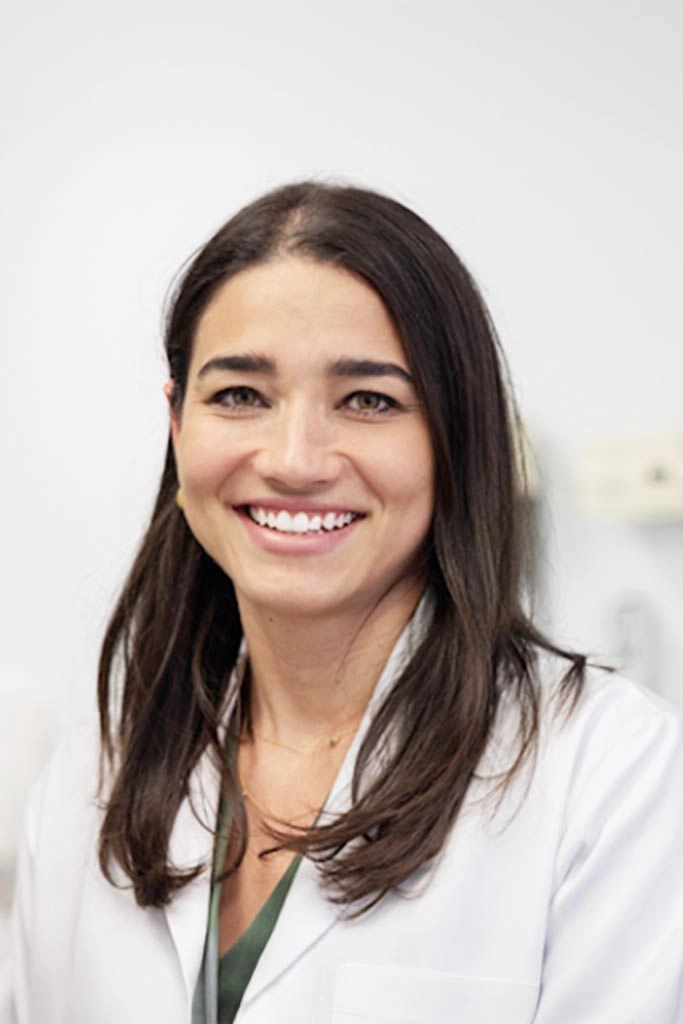
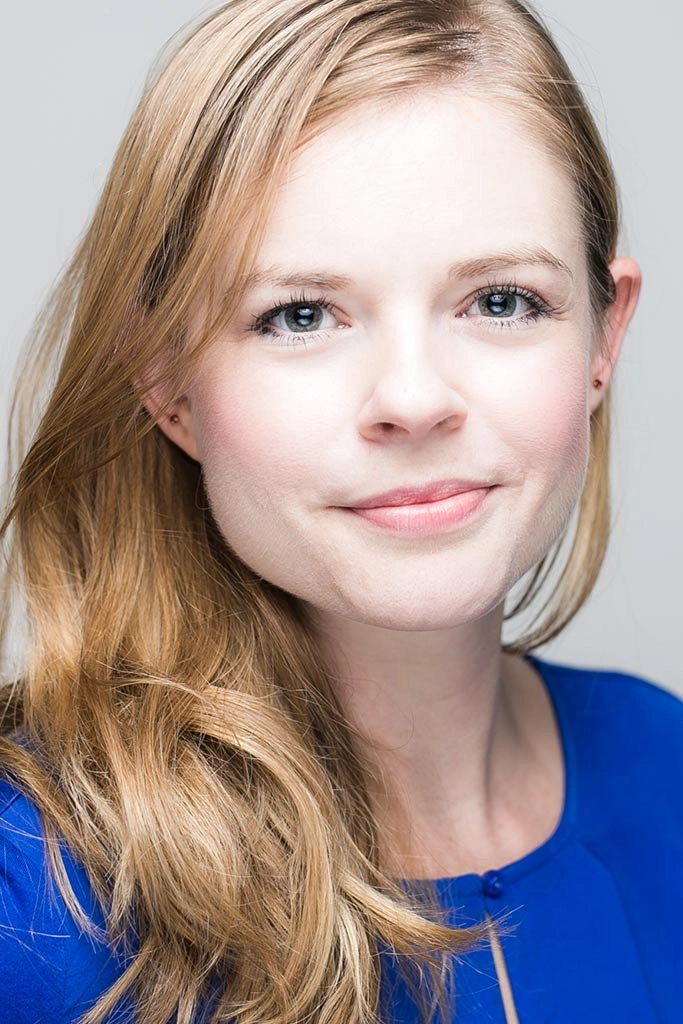
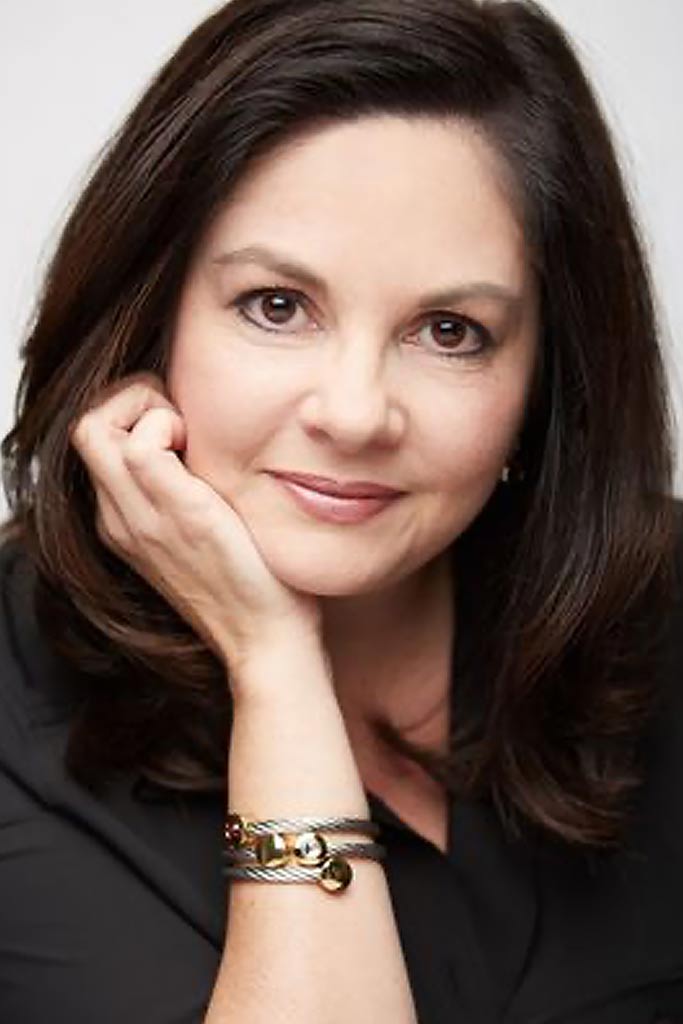
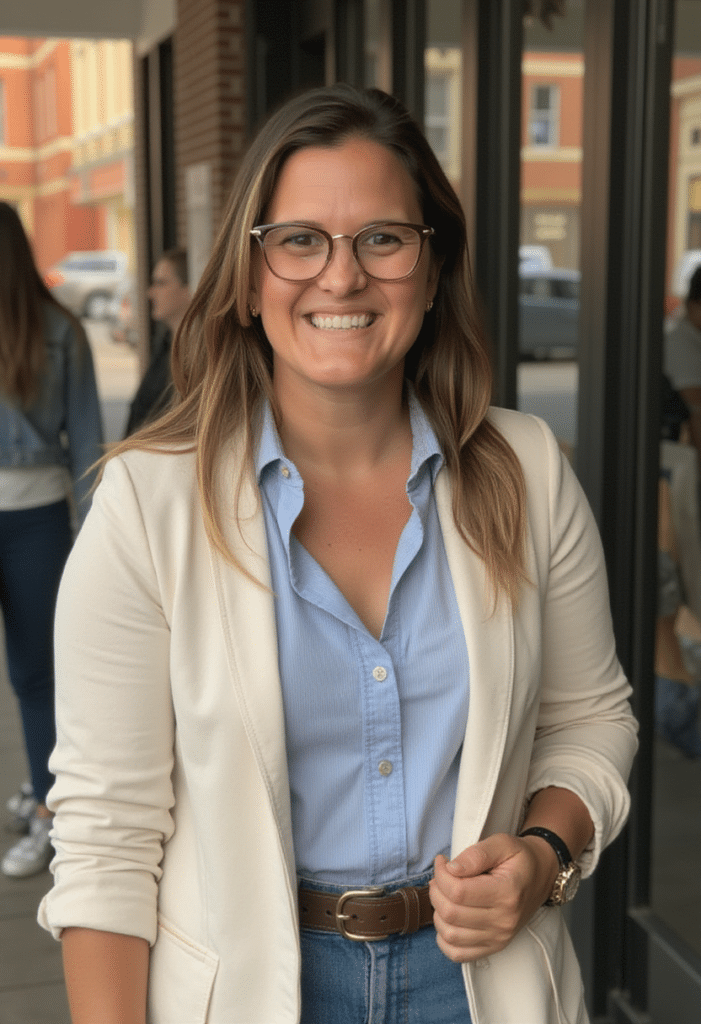
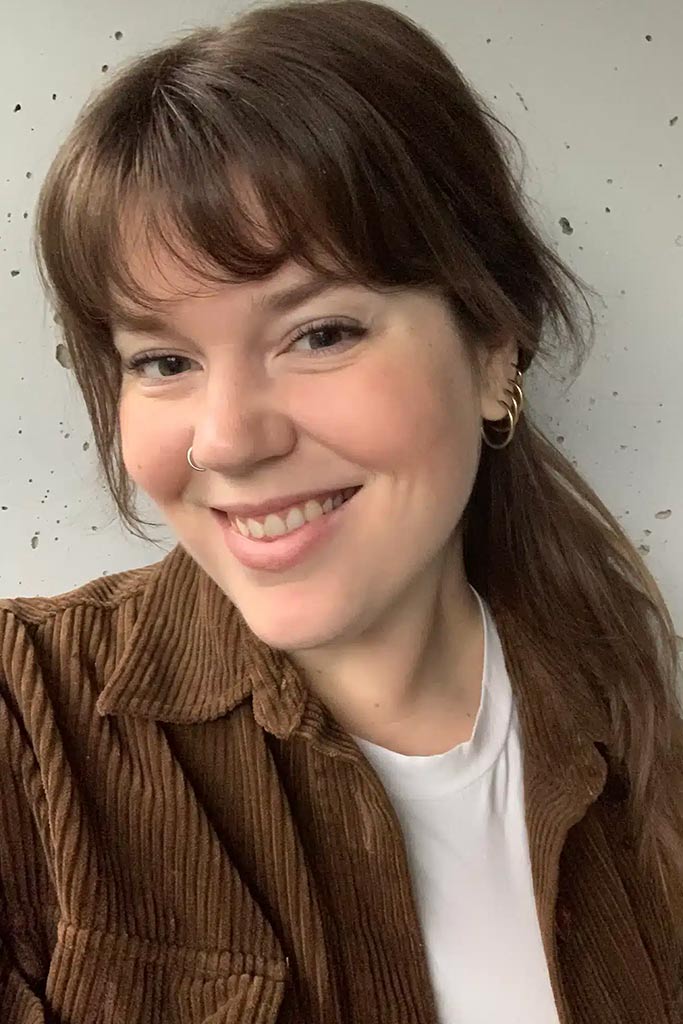
I am committed to representing and uplifting women through my artwork. Learning about women's hormonal health has been eye opening. Not only has it offered me an enriching professional opportunity, it has also provided me with deeper insight into the complex hormonal experiences we face as women. My artistic inspiration is derived from real people, having authentic experiences.
During my short time working with the Hormonally team I have uncovered my own set of hormonal obstacles. With the encouragement of my colleagues, I am currently in the process of working alongside medical professionals to better address concerns I previously ignored. Having specific resources focused on helping women gain a deeper understanding of their hormonal health is long overdue and I am proud to work alongside such a knowledgeable and committed team.
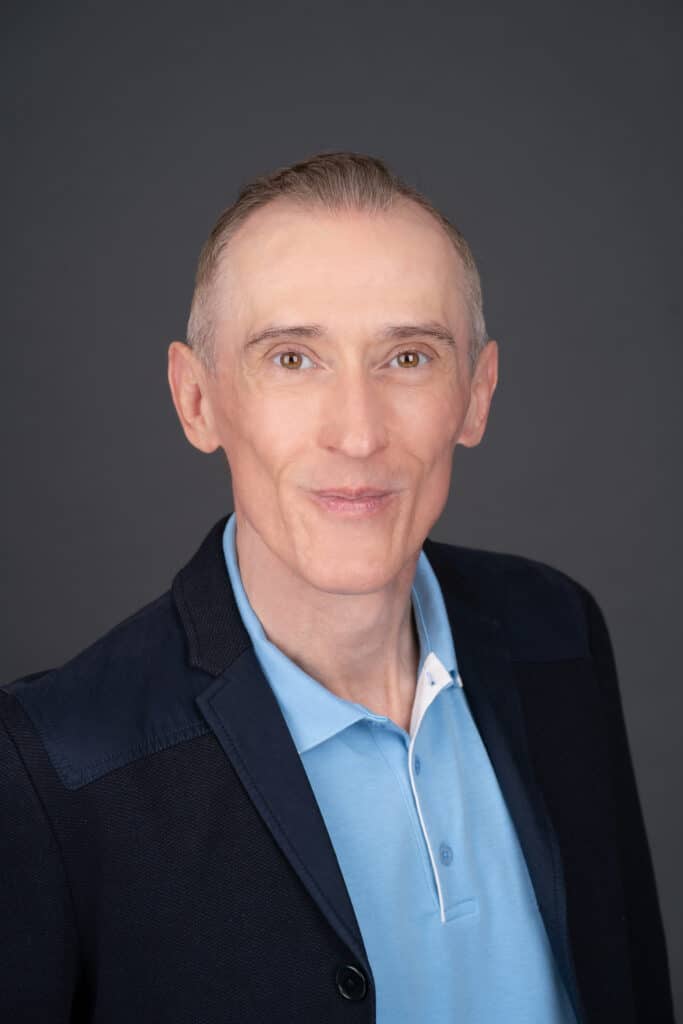
I wanted to be a "mad scientist" when I grew up, but I couldn't afford college, so I worked in retail sales, and performed well enough that doors opened to good jobs. I moved to San Francisco in the early 1990s, obtained a certification in Multimedia for the Internet, and worked as a designer at tech startups.
After the dot com crash in 2000, I went to San Francisco State University and graduated summa cum laude with a bachelor’s degree in Radio and Television Production. I designed product packaging for LeapFrog, an educational toy maker with a reputation for exceptional quality. I also designed marketing collateral at Wells Fargo Private Bank.
After meeting Parsemus Foundation founder Elaine Lissner I was inspired to help her carry out the mission of her nonprofit organization. The Parsemus Foundation's commitment to advancing innovative medical research, dispelling misinformation, and promoting human and pet health insights resonates deeply with my values.
I believe that Hormonally will benefit many women who -- like my mother -- deserve (but often don't get) the best available information about their bodies and their health. As a member of this team, I think my dream of working on the cutting edge of scientific innovation has been fulfilled in a most practical way.
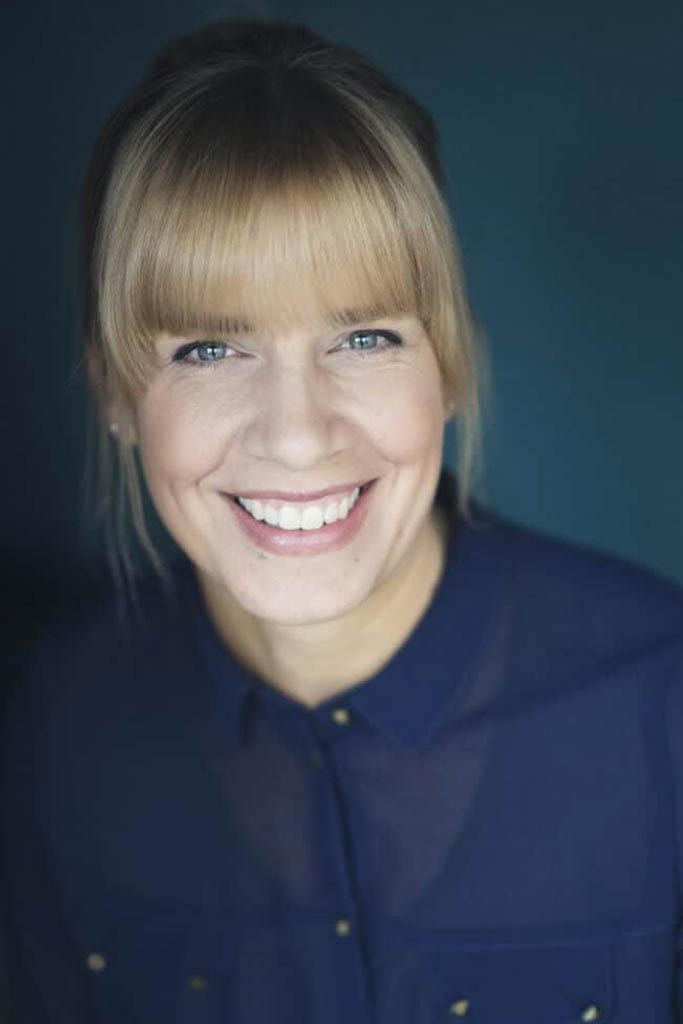
When I entered my 40s (with 3 kids in tow), I decided I needed a change and took the leap into medical writing. I began writing for a local menopause clinic and over the next 4 years as public interest in the subject increased, I learned a huge amount about hormones and how they change over time. This all happened while I was entering perimenopause myself and coincided with the challenging experiences of the pandemic and lockdowns.
Fortunately, it only took me a few months to realize I wasn’t losing my mind. It turned out what I was writing about everyday was actually happening to me too. Taking hormone therapy (HT) has definitely helped smooth out the bumpy ride I was on, and on my good days, you might even think I have things together!
I have stayed focused on women’s health and am now working on and learning more about pregnancy and the postpartum period. I am particularly interested in changes to women's mental health during this time.
Personally, I have been on the receiving end of far too many bad medical consultations and interventions. Poor communication and interpersonal skills from a healthcare professional is something that drives me nuts. I am a big believer in good healthcare being accessible for everyone, not just for those who can afford it. I hope you find the content written on the Hormonally website inclusive and accessible. My goal for these articles is to empower people to speak up about the healthcare choices they want to make. I especially want this to be the case for women, people of color, those from the LGBTQIA+ communities and those from other marginalized groups.
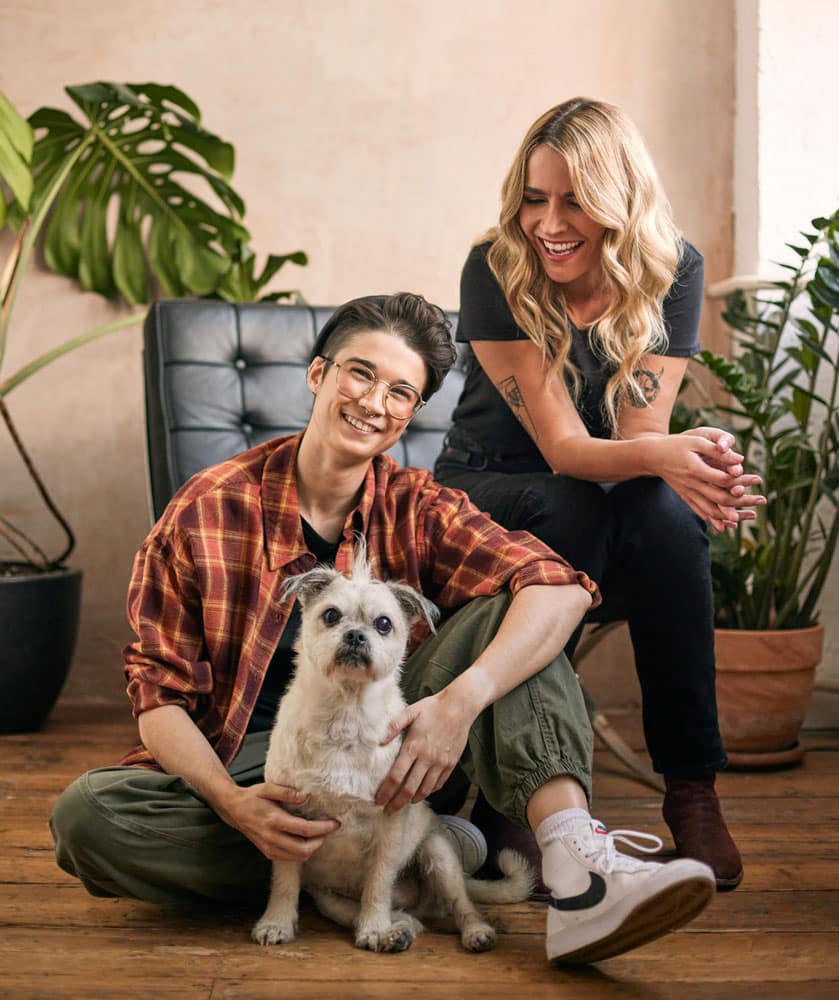
Become a Hormone Ally
Your support helps us break down the barriers of misinformation, fear, and systemic oppression, ensuring that women across the US have the knowledge and confidence to advocate for their health.

